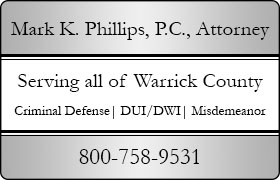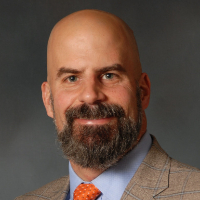Warrick County, IN White Collar Crime Lawyers
Sponsored Law Firm
-
 x
x

Click For More Info:
-
Law Offices of Mark K. Phillips
114 South Third Street P.O. Box 427 Boonville, IN 47601» view mapDUI-DWI, Criminal Defense, Personal Injury Top Rated Indiana DUI Defense Lawyer
I offer passionate, loyal and fierce representation. I have over 20 years of experience to fight your Indiana DUI charge. I offer a free, initial consultation.
800-291-416 -
- Contact
- Free Consultation
- Visit:
- Website
- Profile
Not enough matches for Warrick White Collar Crime lawyer.
Below are all Warrick lawyers.
Mark Kelly Phillips
✓ VERIFIEDI am the proud father of three wonderful young men, two of whom are now in practice with me, and the youngest, who is a junior in high school, who hav... (more)
Todd Clarke Barsumian
✓ VERIFIEDTodd C. Barsumian has been named a Super Lawyer in the field of Plaintiff's Personal Injury by Super Lawyers Magazine since 2018. In 2017 he became t... (more)
 Mark K. Phillips Boonville,Indiana
Mark K. Phillips Boonville,Indiana About UsMark K. Phillips
About UsMark K. Phillips Contact UsCall or Email Now
Contact UsCall or Email Now



